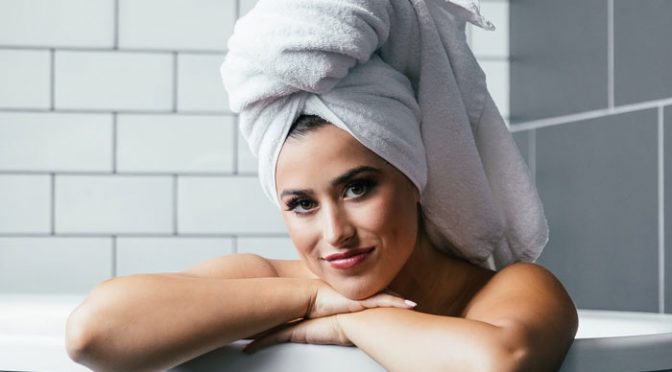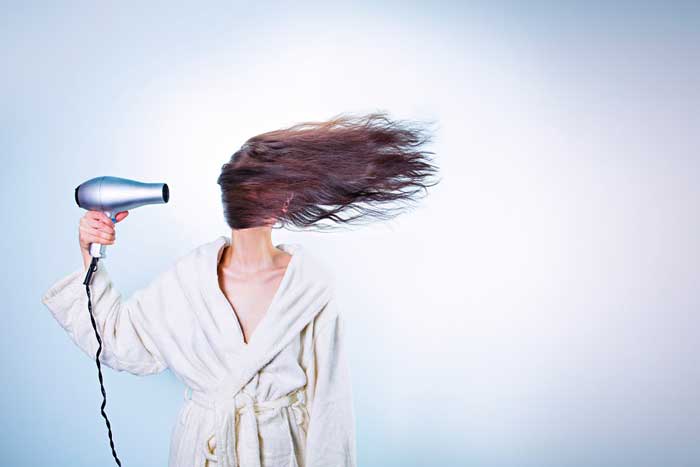We often lack time and have to go to bed right after showering and washing your hair. Are we doing the right thing? And why we shouldn’t go to bed with wet hair.
Who shouldn’t go to bed with wet hair
The question of whether it is possible to go to bed with wet hair can be generally answered negatively. It is clear that it will not spoil anyone after 1-2 times, but it is definitely not worth turning it into a permanent habit, especially for the owners of weak and thin hair that is prone to tangling. Wet hair is very “vulnerable”: the scales are open, they get tangled with each other, and, if handled roughly, it is easy to harm the hairs.
When we go to bed with such “hypersensitive” hair, the risk of injury increases: they rub more against each other and against the surface of the pillow. A separate question is the choice of a pillow: not all materials can be called useful for the skin and curls. The next morning, the hair is usually matte and difficult to comb after such “drying” – it is a clear sign that the structure of the hair is broken.
Can you catch a cold if you sleep with wet hair?
It all depends on the immunity and the characteristics of the body – if you often have colds, it is definitely not worth testing yourself. If you are already sick with a cold (have a runny nose, sore throat or fever), then you should not risk it either. Of course, it’s not a good idea to sleep with wet hair when the air conditioner is on or the window is open.
What to do if you don’t have time to blow dry your hair before bed
There are two options: the first is to braid a loose bundle and tie it with a ribbon or loose elastic band. The second is to go to sleep in a silk hat (there are special turbans, so you don’t need to make anything out of a towel). It is believed that with a long interaction, microfiber dries the hair.
How to properly dry your hair before bed
If you have time to dry your hair without a hairdryer, use a sea salt spray, which will be especially relevant for those with wavy curls. They will help your hair to maintain its natural curl without getting frizzy.
There are also special sprays that speed up the drying process of hair. As a rule, they contain silk proteins and amino acids, which displace moisture from the hair, while not harming its structure. To improve the natural process, you can run your fingers or a comb through your hair every 10 to 15 minutes, or wave your head up and down like rockers do. For wet hair, use the Tangle Teezer with soft, flexible teeth that do not pull the hairs out.
As for the hairdryer, you should not apply it immediately after you leave the shower. To begin with, gently wrap your hair in a towel and massage it to remove excess moisture. Use a mousse or spray with a thermal protection function. They will not only help with styling but also minimize the harm from hot air. When drying, choose a cold mode and a medium power blowing, which does not harm the curls. Pay attention to gadgets with the ionization function, since they are also considered the most gentle ones.

